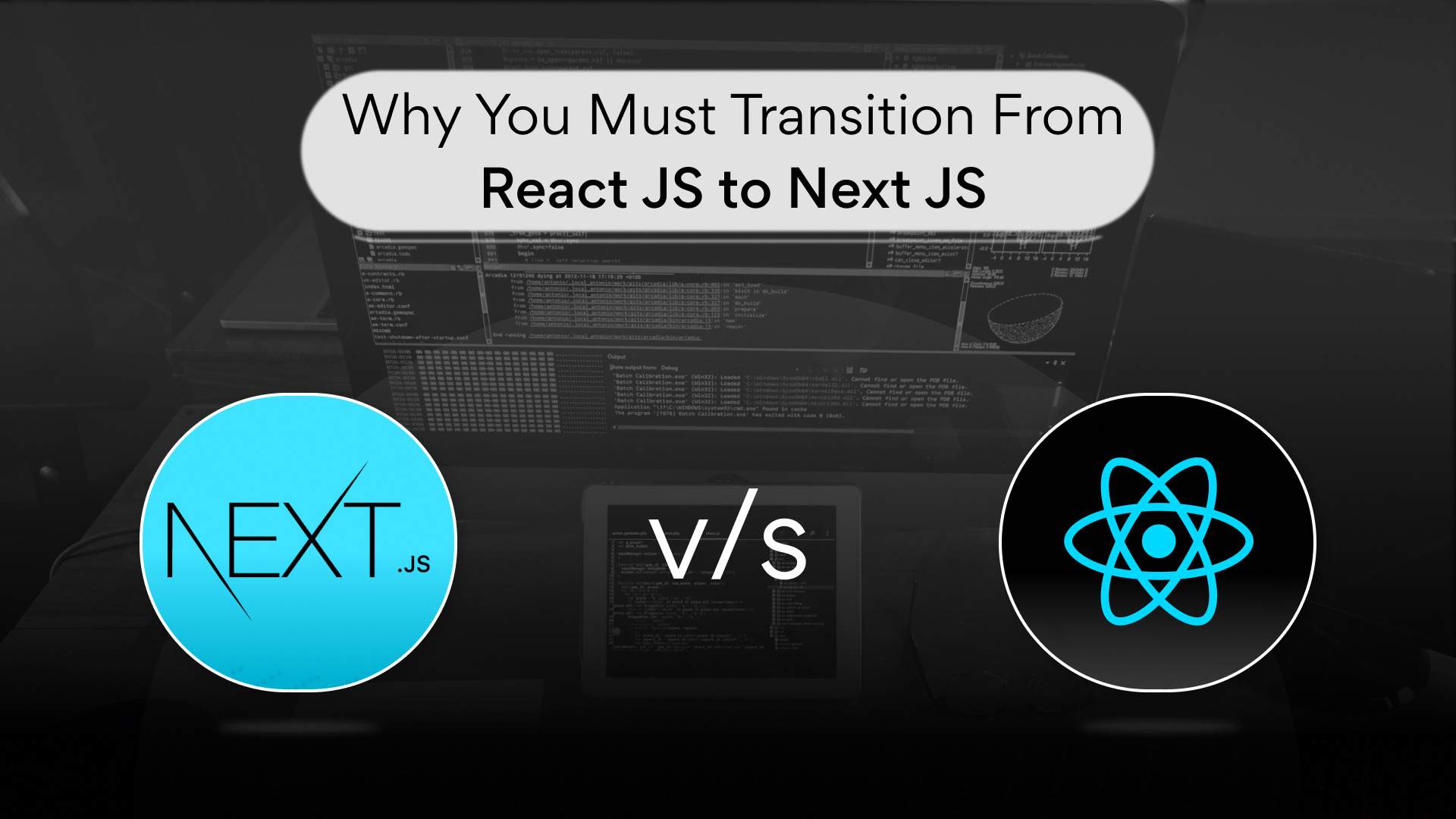Vue vs React: Which Framework to Choose and When?
JavaScript front-end frameworks like Vue.JS and React have seen an exponential rise in the past few years. As a result, developers around the globe have been increasingly using these frameworks for web development. In a recent interview, Manaf, a software developer at Turing.com, shared his views on a much-debated topic: Vue vs. React. He highlighted the fundamental differences and similarities between the two front-end frameworks.
While developers mostly use React to work on the view layer for both mobile and web applications, Vue.js is used to build various web interfaces and one-page applications. Let’s take a look at a few more key differences.
Vue vs. React: How do the two frameworks differ from each other?
Manaf highlighted the following points while comparing Vue vs. React.
- In general, Vue.js focuses on the activity, and React focuses on immutability. According to immutability, each object should be mutated, and unidirectional data should go from up to down to the components.
- In React, you have to call an API, assign the results and separate them into the state. On the other hand, as a component framework for building web applications, Vue.js does most of the work in the background, and developers don’t have to worry about repetitive tasks.
- React is a library. You need to tell it what to do and manage all the aspects of this library. For instance, if you are using a Redux, you will have to add a middleware to the Redux, and then you have to add middleware for the APIs to manage the correct data flow. While in Vue.js, you don’t have to perform this task as it is already operating in the background.
Vue vs. React: Is it ok to use React with TypeScript?
TypeScript supports JSX and can correctly model the patterns used in React codebases like useState. You just need to have a good understanding of React along with familiarity with TypeScript Types. Using React with TypeScript, the code becomes much easier to read and use. It also becomes easier to define Prop types, among others.
React is better to use with TypeScript because if you are passing data from component to component, you need to ensure that the child component is a type of the parent component. This language helps developers to avoid problems like mistyping. For example, you send an object from the parent to the child component and while the child is expecting a string. This coding may lead to a runtime error. TypeScript gives you a solid frame for the data flow application, which helps in avoiding such situations. And hence, you should use it.
Vue vs. React: Benefits
For Vue.js:
- Vue.js is great for building a single-page application or a progressive web application.
- Vue.js has an easy learning curve, and it focuses on the UI. And so, you don’t have to think much about the UI part
For React:
- If you are planning to develop an application with easy testing and debugging, then use React.
- React provides high performance for video streaming platforms.
- React performs efficiently with a large amount of data and UIs and a lot of interactivity with the users.
- React developers are in high demand! Companies globally are looking to hire React developers for their projects.
Vue vs. React: Similarities between the two
- Both the frameworks enable writing front-end with JavaScript.
- They both make use of Virtual DOM.
- React.js has Redux, and Vue.js has Vuex, a state management pattern + library for Vue.js applications and used in the same way as Redux.
- From a search engine optimized application point of view, React has Next.js, while Vue has Nuxt.js
- Both the frameworks use component structures
Vue vs. React: Final Verdict
There is no clear answer as to which framework overpowers the other in the Vue vs. React debate. Both frameworks play a vital role in web app development and have their advantages and disadvantages. At the end of the day, the framework that a developer chooses depends on the type of project they are handling and how a particular framework will help them achieve the goals of that project.
No matter what your choice is in the Vue vs. React debate, if landing a remote US software job is something that interests you, try Turing.
Turing is an AI-based platform that helps developers to find long-term remote jobs with top US-based companies. Visit our Jobs page to know more!
Watch the full interview here: https://www.youtube.com/watch?v=Sozj-C59VRI
Join a network of the world's best developers and get long-term remote software jobs with better compensation and career growth.













Just choose Vue, nothing else. The React ecosystem has gotten so sloppy with all it’s hook garbage littering code bases. Plus at this point it’s really just an anti pattern of treating functions like classes when you should just be using classes to begin with. At least Vue provides a more class based structure without the over-engineered structure that Angular has
Intriguing viewpoint, Ozzy!